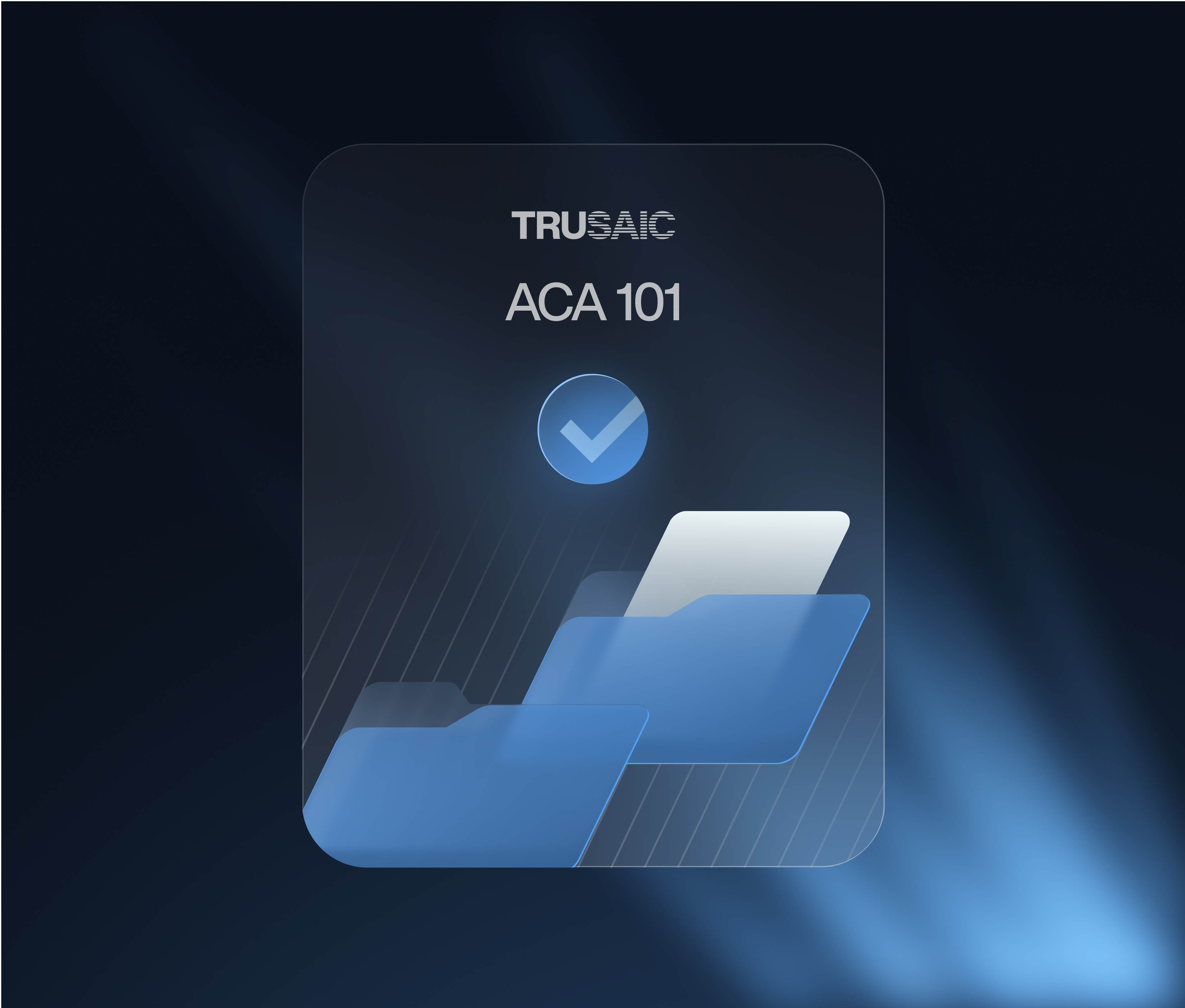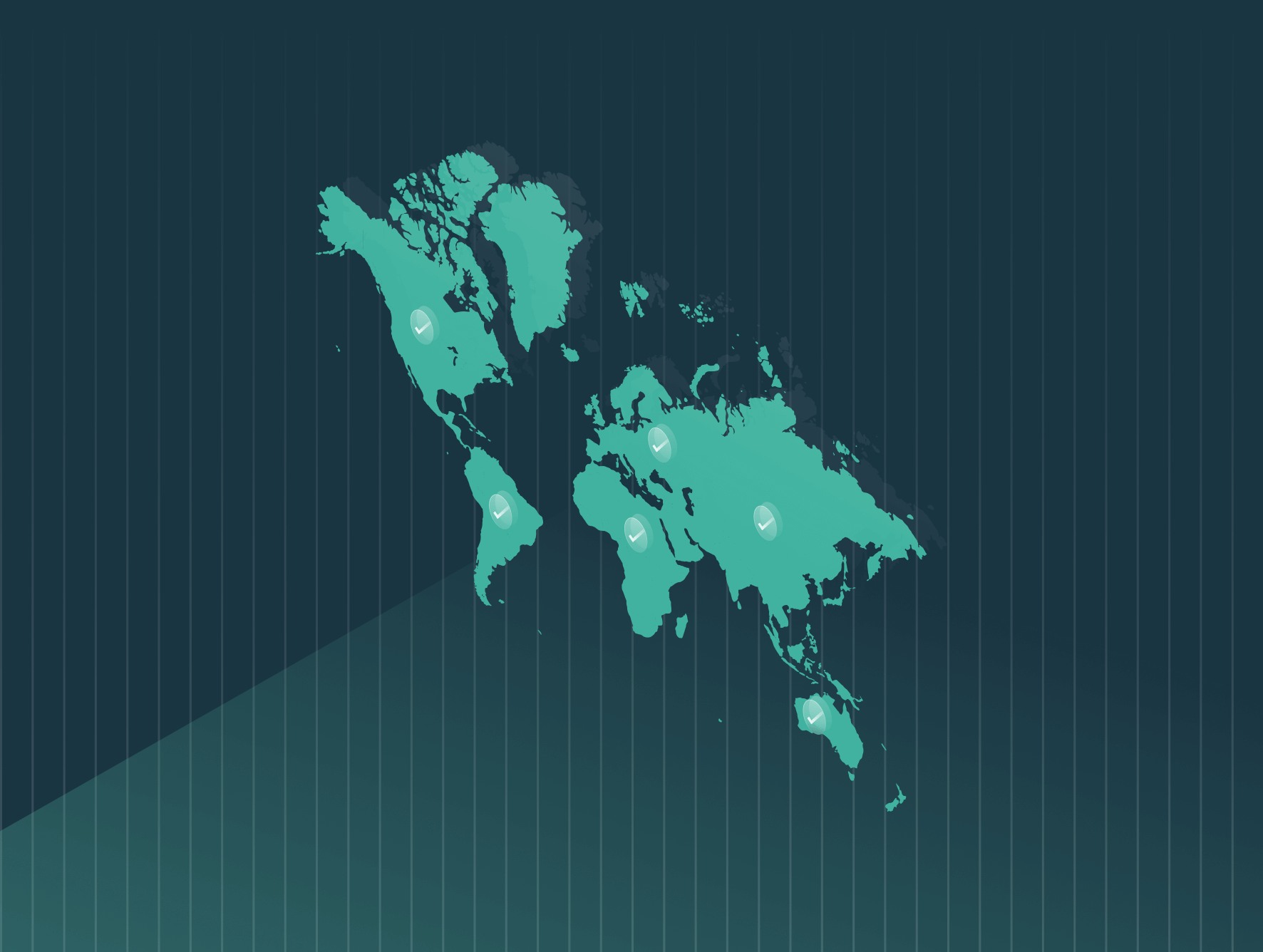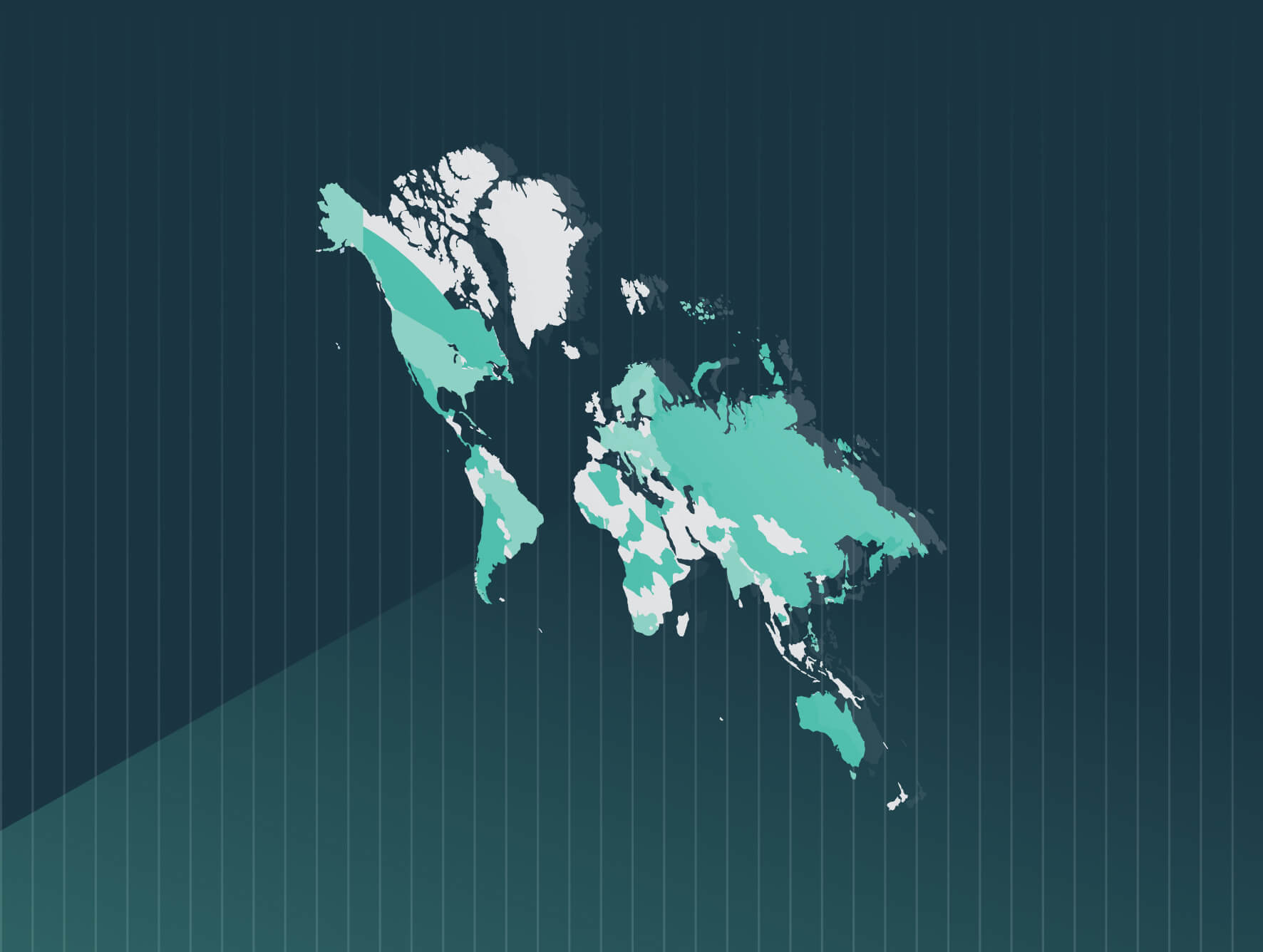California has expanded its past data reporting requirements for “payroll employees” to include a new pay data report for employers with 100 or more “labor contractor employees.” It’s a move that’s not too surprising given the rise in the use of contractor laborers and the advancement of what has come to be known as the “gig economy.”
It’s all part of an effort to ensure pay equity for employees and to close the pay gaps that have historically existed between men and women and people of color (POC) in various professions.
California, as in many HR-related endeavors, has been a leader here. SB 1162, signed into law by Governor Gavin Newsom on September 27, 2022, put forth a set of never-before seen pay equity rules and regulations.
Reporting requirements related to reporting for labor contractor employees were originally slated to be due on May 10. A new FAQ from the California Civil Rights Department (CRD), however, indicates that beginning April 18 employers could seek “enforcement deferral” on their labor contractor employee reports—a pleasant surprise for employers who continue to grapple with the expanded scope of these reporting requirements.
SB 1162
SB 1162 amended SB 973, expanding pay reporting obligations and requiring employers to maintain records of job titles and wage rate history for all of their employees. It also mandated that the pay scale for positions be provided to current employees and be included in any job postings.
The bill impacts not only employers with headquarters in California, but any employers conducting business in the state.
The requirements have been onerous for some employers, especially as they have expanded to include not only employees, but labor contractors as well. Any employer with at least one contract employee in California must comply with these requirements. Recognizing the challenges that employers are facing, California has announced a deferral on the report filing deadline, announced in a recent FAQ from the CCRD.
California’s Enforcement Deferral
While the deferral may come as welcome news to employers doing business in California, there remain some key points to be aware of to ensure compliance.
- Requests for deferral may only be made through the state’s pay data reporting portal, which requires employers to register for access
- Requests must be made by May 10, 2023
- Deferrals may extend only through July 10, 2023
- Requests must be made by employers, and not through third parties such as PEOs
- Deferrals only apply to labor contractor employees—reports for payroll employees must still be submitted by May 10, 2023
Employers need to ensure that they are complying with all of the requirements of SB 1162 and providing the information required on both employees and contractors.
What’s Required
In addition to meeting the filing deadline—either the original deadline or the newly available deferred deadline—employers must provide data on the mean and median hourly rate of payroll and contract employees by “pay band, job category, race/ethnicity, and sex.” This is data that employers may not have been tracking, requiring them to gather this information in order to accurately report and meet reporting deadline requirements.
On time reporting is critical. Importantly, though, it’s not just meeting the deadline that matters—it’s also ensuring that what you file can’t be used against you. The goal is pay equity. If your data doesn’t support pay equity for your payroll employees as well as labor contractors, you may be at risk.
Achieving pay equity is important. The first step is conducting an audit to determine whether your current pay practices are equitable. Trusaic can help you both achieve pay equity and address any pay inequity that may exist.








